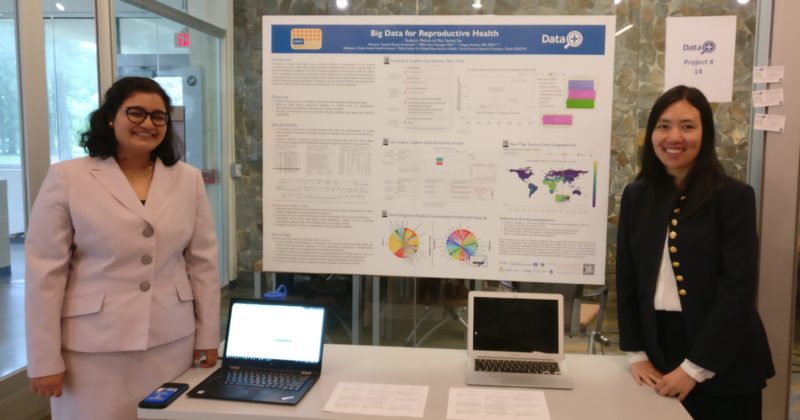
A Frightening Global Truth: Domestic Violence Within Social Normativity
In reviewing data from Demographic and Health Surveys administered in low and middle-income countries between 2005 and 2017, researchers at the University of Bristol have come to an unsettling conclusion; domestic violence against women often exists within the bounds of social normativity. These surveys evaluated the social acceptability of domestic violence when provoked by certain situations, such as when a woman goes out without telling her partner, argues with her partner, neglects her children, is suspected of being unfaithful, refuses to have sex or burns a meal. It was found that approximately 36% of survey participants considered domestic violence justifiable in at least one of these instances. Furthermore, in 36 out of the 49 countries studied, women were more likely to justify this abusive behavior than men, speaking volumes to the deep entrenchment of female subordination, even amongst women. The data regarding the social acceptance of domestic violence is highly variable, ranging anywhere from 3% of the population accepting this...



